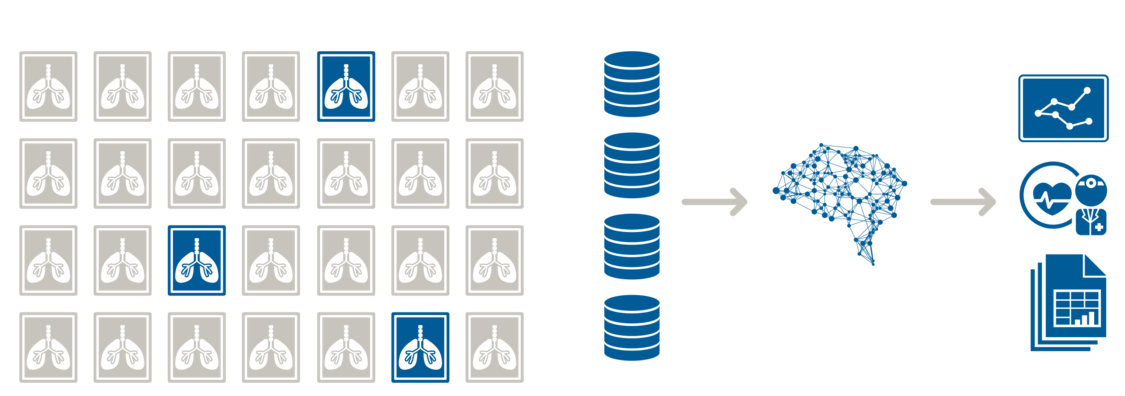
Enlitic, a deep learning medical imaging company dedicated to revolutionizing diagnostic healthcare has raised $10 million in Series B funding led by Capitol Health Limited, an Australian public company providing medical diagnostic imaging (DI) services. The two companies will partner to reach a landmark milestone for human health: for the first time, real patients will directly benefit from deep learning, at scale, and across a whole healthcare network in Australian and Asian healthcare markets. The funding will be utilized to build on Enlitic’s existing tools (already spanning a wide range of ailments, from lung cancer to bone fractures), and map the entire human body and its afflictions. This is a fundamentally new technology approach for disease diagnosis in the clinic.
What is Deep Learning and Its Benefits for Healthcare?
“Deep learning is an algorithm inspired by how the human brain works, and as a result it is an algorithm which has no theoretical limitations. The more data you give it, and the more computation time you give it, the better it becomes,” said Enlitic’s founder and CEO Jeremy Howard in his 2014 TED Talk, entitled “The wonderful and terrifying implications of computers that can learn.
In a world’s first, doctors can now use the predictive power of deep learning to directly improve people’s medical outcomes. For example, using Enlitic’s deep learning technology, doctors can improve their accuracy by over 50% while also delivering time-sensitive results faster (the algorithms are not only more accurate, but also 50,000x faster than a manual reads by humans). As a result, deep learning-augmented physicians save more lives.
Unnecessary expensive and dangerous procedures are avoided. Enlitic’s medical deep learning tools are now commercially integrated end-to-end, and will power hundreds of radiologists’ workflow across Capitol Health’s large-scale care network. Enlitic currently leverages Capitol’s vast image archives across all radiology modalities (Ultrasound, CT, MRI, PET, X-Ray) to accelerate training of deep learning algorithms, and to support diagnosis of thousands of diseases and afflictions.
Examples of how Enlitic’s deep learning tech is being used in radiology include:
Lung cancer: Kills 80-90 percent of all patients diagnosed in late-stages; this is one of the hardest cancers to detect in medical images. If caught early, survival is nearly 10 times more likely.
– For the first time ever, Enlitic adapted deep learning to automatically detect lung cancer nodules in chest CT images 50 percent more accurately than an expert panel of thoracic radiologists. The reduction of false negatives and the ability to detect early-stage nodules saves lives. The simultaneous reduction of false positives leads to fewer unnecessary and often costly biopsies, and less patient anxiety.
– Enlitic benchmarked its performance against the publicly available, NIH-funded Lung Image Database Consortium data set, demonstrating its commitment to transparency.
Bone fractures: Enlitic has also achieved recent breakthroughs in detection of extremity (e.g. wrist) bone fractures, which are very common yet extremely difficult for radiologists to reliably detect. Errors can lead to improper bone healing, resulting in a lifetime of alignment issues.
– These fractures are often represented only by 4×4 pixels in a 4,000×4,000-pixel X-ray image, pushing the limits of computer vision technology.
– In detection of fractures, Enlitic achieved 0.97 AUC (the most common measure of predictive modeling accuracy), more than 3 times better than the 0.85 AUC achieved by leading radiologists and many times better than the 0.71 AUC achieved by traditional computer vision approaches.
– Enlitic was able to support analysis of thousands of image studies in a fraction of the time needed for a human to analyze a single study.
“We have yet to see this level of improvement in radiology since Roentgen’s application of X-rays to medicine,” said Rodney Sappington, PhD, Enlitic’s VP of Radiology, and former executive of several leading radiology companies.
